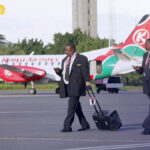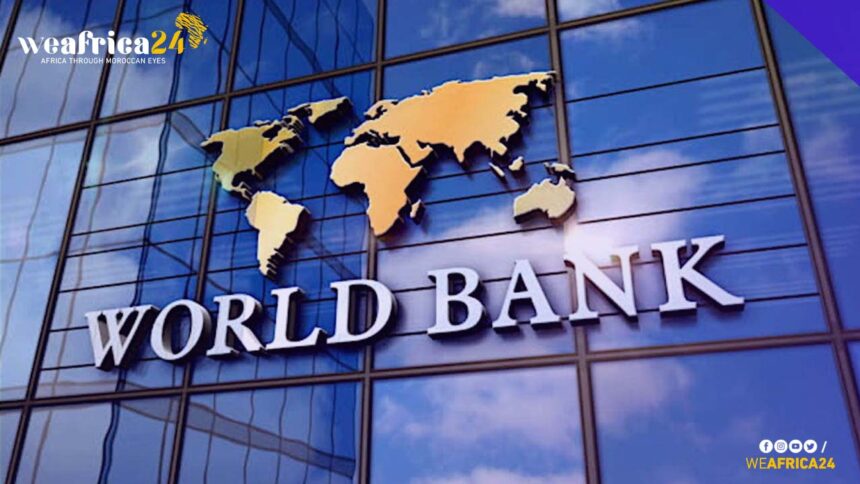The World Bank has revealed that the digitalization of public procurement procedures in Morocco has had a significant impact in reducing carbon emissions, with a decrease of approximately 84%.
According to a recent report by the World Bank, Morocco launches around 40,000 public procurement contracts annually, with an average of 4 bidders per contract. The digitalization efforts have contributed to reducing the number of trips made by competitors from 22 to only 2 for each contract.
The report expects that full implementation of the reforms will lead to a reduction in travel distances by bidders from 86,000 kilometers to just 6,000 kilometers within one year, resulting in an 84% decrease in carbon dioxide emissions.
Previously, public procurement in Morocco accounted for 20% of the total GDP. It required all bidders across the country to physically participate in these procedures, involving travel back and forth to the local public procurement office for document retrieval, obtaining bank guarantees, submitting bids, attending bid opening sessions, and providing additional documents after being notified of contract awards.
The previous process involved a significant amount of travel, with an average of 12 journeys covering approximately 60 kilometers each (or 720 kilometers for each participant). This led to substantial carbon emissions, as well as time and financial costs, discouraging small and medium-sized enterprises from participating in public tenders.
The report emphasized that physical attendance posed challenges in achieving the goal of allocating 30% of public procurement contracts to small and medium-sized enterprises, as mandated by the law. However, with the implementation of a comprehensive electronic system, this has become easier.
The World Bank has supported Morocco in adopting these reforms by transitioning all procedures that required the physical presence of company representatives and contractors to an electronic public procurement system over the Internet, as part of the digital and financial inclusion program to support the budget.
Transforming Morocco’s Public Procurement: Overcoming Challenges and Embracing Digitalization
Morocco’s journey towards digitalizing public procurement began in 2007 with the launch of an electronic portal for public tenders, enabling electronic correspondence, document submission, and reverse electronic auctions.
However, this transformation faced the challenge of companies lacking trust and familiarity with electronic procedures, necessitating a significant change management and capacity-building program by the General Treasury of the Kingdom to assist companies in adopting technological advancements.
Between 2020 and 2022, the government issued three decrees requiring all public purchasers to publish the number and value of contracts awarded to small and medium-sized enterprises, mandating bidders participating in public tenders to submit their bids through the electronic public procurement portal, and digitizing bank guarantees.
The World Bank report considers electronic public procurement as environmentally friendly, as it can stimulate demand for sustainable products and services and create a market for various “green” solutions. The percentage of bids submitted electronically increased from 15% in December 2019, before the reforms, to 68% in June 2022. The government aims to reach 100% by August 2023.







